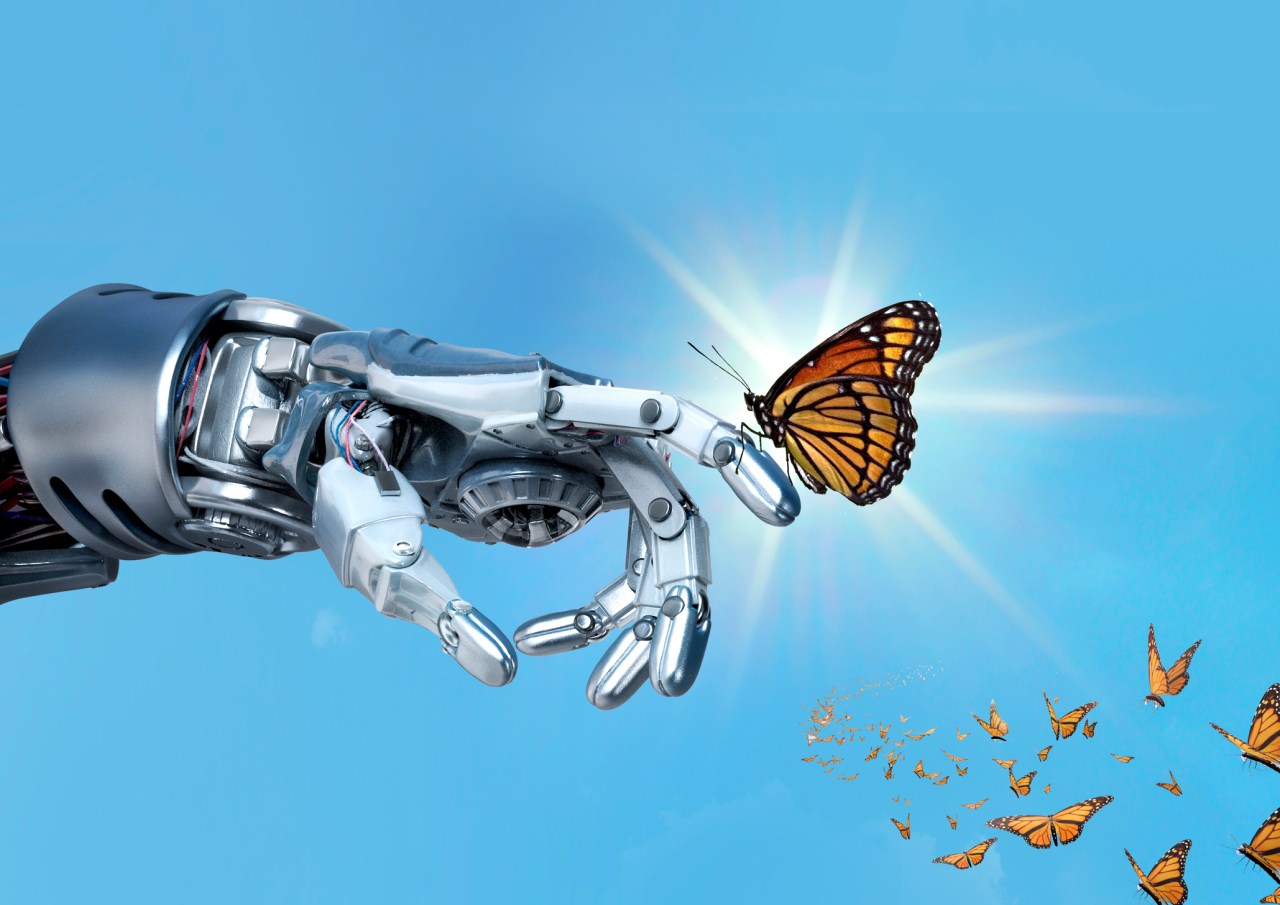In the rapidly transforming landscape of the 21st century, Japan stands poised on the brink of a significant upheaval with its ambitious Society 5.0 initiative. This innovative framework seeks to address the country’s lingering economic stagnation, often referred to as the “Lost Decade,” and propel it into an era where technology and human needs coalesce seamlessly. Society 5.0 is not merely an economic strategy; it is a vision for a new socioeconomic paradigm that utilizes cutting-edge technologies to create a “super-smart” society built upon principles of sustainability and collaboration.
The Vision of Society 5.0
At its core, Society 5.0 seeks to incorporate the innovations stemming from the Fourth Industrial Revolution into Japan’s societal fabric. This initiative transcends conventional boundaries, aiming to embed advanced technologies such as AI, robotics, and the Internet of Things (IoT) throughout all sectors—healthcare, infrastructure, finance, and logistics. The emphasis is not just on technological advancement but also on fostering an inclusive society that can tackle pressing global issues.
- Sustainability Mandate: Society 5.0 intertwines with the United Nations’ Sustainable Development Goals (SDGs), ensuring that progress does not come at the expense of the environment or societal well-being.
- Global Blueprint: Japan aims to serve as a model for the international community, showcasing how a coordinated, technologically enabled approach can lead to sustainable growth.
Investment and Collaboration: The Winning Formula
The success of Society 5.0 hinges on substantial investment and robust partnerships between the public and private sectors. The Japanese government has committed approximately $1.44 billion to AI-related initiatives, set against a backdrop of private sector interest igniting a surge in investments. Notably, organizations like the Innovation Network Corporation of Japan are reorganizing to focus on harnessing the power of AI and big data, thereby elevating the country’s innovation landscape.
In contrast, many other industrialized nations, including the United States, face challenges stemming from a lack of cohesive collaboration between governmental bodies and the tech industry. Drawing from the successes seen in countries like the UK and France, American entrepreneurs and technologists must create a formidable partnership with their government to unlock the true potential of AI and other technologies.
Addressing Societal Challenges through Innovation
As an aging population poses unique challenges, Society 5.0 focuses on harnessing AI to facilitate better healthcare delivery, enhance mobility in rural areas, and strengthen infrastructure. By redirecting resources toward cognitive AI technologies, the Japanese initiative has the potential to revolutionize healthcare administration, allowing for more personnel to focus on patient care rather than bureaucratic processes.
- AI in Healthcare: The adoption of cognitive AI could lead to significant savings in operational costs, effectively addressing the rising expenses associated with healthcare both in Japan and abroad.
- Rural Accessibility: Investing in technologies like autonomous vehicles and drones can improve access to vital services in underserved regions, bridging the gap between urban convenience and rural isolation.
Leveraging Data for Infrastructure Innovation
The advancement of autonomous vehicles presents a unique opportunity to gather and exploit vast amounts of data to inform infrastructure developments. With highways in the U.S. suffering from disrepair, leveraging AI to interpret data collected from self-driving vehicles could result in pivotal infrastructure improvements. Companies like Hitachi exemplify how technology can be integrated into infrastructure projects to create long-term solutions.
For mass transit systems, Japan’s leading-edge innovations—including the world-speed record maglev train—serve as a prime example of what can be accomplished through ambitious engineering and technology integration. As the need for efficient transportation solutions grows in sprawling American landscapes, embracing this futuristic approach may be the key to revitalizing public transit systems.
Conclusion: Embracing the Future or Becoming Obsolete
As Japan’s Society 5.0 unfolds, it reflects a profound commitment not only to technological advancement but also to the holistic well-being of society. For the rest of the world, particularly the U.S., it serves as a wake-up call. The path forward is clear: fostering collaboration between the private sector and government, harnessing AI for societal challenges, and making concerted efforts to create sustainable systems.
At fxis.ai, we believe that such advancements are crucial for the future of AI, as they enable more comprehensive and effective solutions. Our team is continually exploring new methodologies to push the envelope in artificial intelligence, ensuring that our clients benefit from the latest technological innovations. For more insights, updates, or to collaborate on AI development projects, stay connected with fxis.ai.

